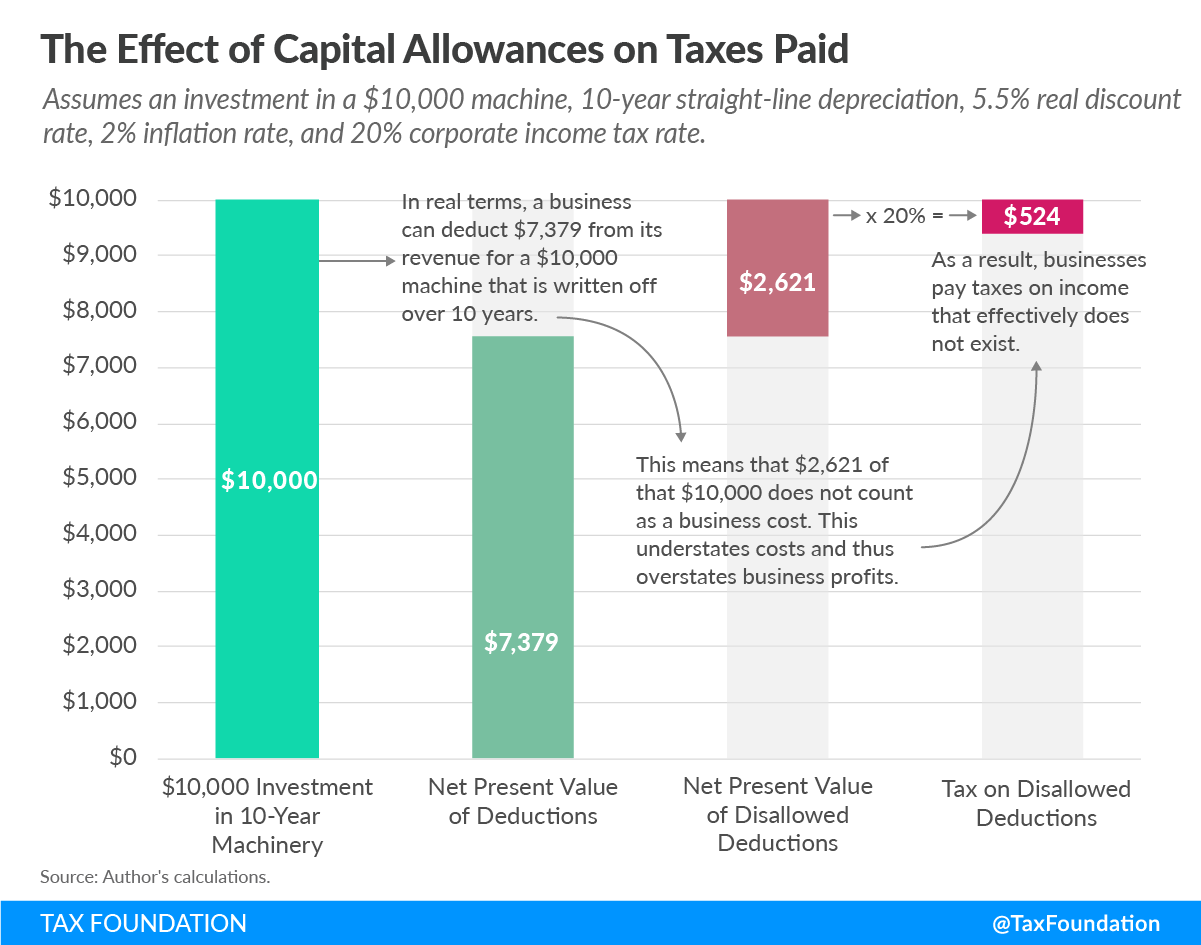Foreign Investments and Capital Gains Taxes: A Comprehensive Overview
Investing in foreign markets can be an exciting opportunity to diversify your portfolio and potentially earn higher returns. However, it’s important to understand the tax implications that come with these investments, particularly when it comes to capital gains taxes. In this article, we will provide a comprehensive overview of foreign investments and how they affect your tax obligations.
What are Foreign Investments?
Foreign investments refer to investing in assets or securities outside of your home country. These can include stocks, bonds, mutual funds, real estate properties, and other financial instruments offered by companies or governments based overseas. Investors often seek opportunities in foreign markets due to potential growth prospects or access to specific industries or sectors unavailable domestically.
Types of Foreign Investments
There are several ways investors can participate in foreign markets:
1. Direct investment: This involves buying shares of individual foreign companies listed on international stock exchanges.
2. Exchange-traded funds (ETFs): ETFs offer exposure to a basket of securities from various countries or regions.
3. Mutual funds: These pooled investment vehicles allow investors to access a diversified portfolio managed by professionals.
4. Real estate: Investing in properties abroad for rental income or capital appreciation is another form of foreign investment.
Understanding Capital Gains Taxes
Capital gains taxes are imposed on the profits earned from selling certain types of assets at a higher price than their purchase cost. The rate at which these gains are taxed varies depending on multiple factors such as the holding period and the investor’s tax residency status.
For domestic investments, most countries have specific provisions regarding capital gains taxes; however, when it comes to foreign investments, taxation becomes more complex due to different jurisdictions involved.
Taxation on Foreign Investments
The tax treatment for foreign investments depends on various factors:
1. Tax Treaties: Many countries have entered into bilateral agreements known as tax treaties that aim to prevent double taxation and provide relief for taxpayers operating in both jurisdictions. These treaties determine which country has the primary right to tax certain types of income, including capital gains.
2. Holding Period: The length of time an investor holds onto a foreign investment can impact the tax rate applied to their capital gains. Some countries offer preferential rates for long-term investments, while short-term gains may be subject to higher taxes or treated as ordinary income.
3. Tax Residency: An individual’s tax residency status plays a significant role in determining how foreign investments are taxed. Most countries have specific rules to define tax residency based on factors like physical presence and intent to establish a permanent home.
4. Foreign Tax Credit: To avoid double taxation, many countries provide foreign tax credits that allow taxpayers to offset the taxes paid abroad against their domestic tax liability.
Reporting Requirements
Investors with foreign investments are often required to fulfill additional reporting obligations:
1. Foreign Bank Account Reports (FBAR): In certain cases, individuals holding financial accounts exceeding a specified threshold outside their home country must file FBAR reports annually with relevant authorities.
2. Form 8938: U.S. taxpayers with specified foreign financial assets above certain thresholds must report this information on Form 8938 when filing their federal income tax return.
Penalties for Non-Compliance
Non-compliance with reporting requirements or failure to pay capital gains taxes on foreign investments can result in penalties and legal consequences, including fines and even criminal charges in some jurisdictions.
Seeking Professional Advice
Given the complexities involved in understanding and managing taxes related to foreign investments, it is crucial for investors to consult with qualified professionals such as accountants or tax advisors who specialize in international taxation laws before making any investment decisions.
Conclusion
Foreign investments can be rewarding but require careful consideration of the associated tax implications, particularly concerning capital gains taxes. Understanding the rules and regulations surrounding these investments is essential for compliance and avoiding potential penalties or legal issues down the line. By seeking professional advice and staying informed about tax treaties, residency rules, and reporting requirements, investors can navigate the world of foreign investments with confidence.

